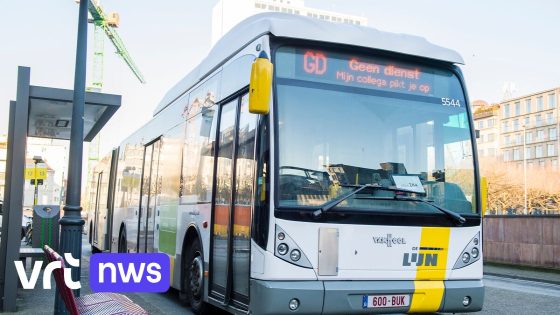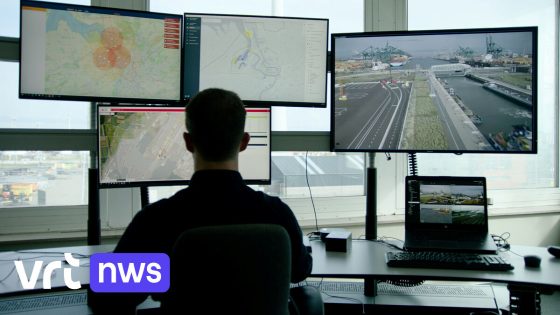Finding bus drivers in the Leuven region is proving challenging for De Lijn. With a high employment rate, many locals already have jobs, prompting the company to search further afield for potential candidates. Could this be a sign of a larger trend in Belgium‘s job market?
- Difficulty finding staff in Leuven region
- High employment rate in Leuven area
- Recruitment efforts extending to Diest and Aarschot
- No specific diploma required for drivers
- Emphasis on interpersonal skills for drivers
- Paid training program lasts six weeks
As of February 18, 2025, De Lijn emphasizes that no specific diploma is required to apply. Candidates should enjoy interacting with people and possess some technical skills for driving large vehicles. Training begins on day one, ensuring new hires are ready to take on their responsibilities.
Why Is There a Bus Driver Shortage in Belgium’s Leuven Region?
The shortage of bus drivers at De Lijn raises an important question: why are so few people applying? With many residents already employed, it seems the competition for workers is fierce.
The Recruitment Challenge Facing Public Transport Companies
De Lijn’s recruitment efforts reveal broader challenges faced by public transport companies across Belgium. As they seek drivers from neighboring areas like Diest and Aarschot, it’s clear that local employment levels significantly impact hiring strategies.
The Importance of Customer Interaction Skills for Bus Drivers
A key requirement for prospective bus drivers is the ability to engage with passengers effectively. This role goes beyond just driving; it involves creating a positive experience for commuters.
- Candidates need strong interpersonal skills.
- No formal qualifications are necessary; training is provided.
- Drivers must learn safety protocols and vehicle operation techniques.
- The six-week training program ensures readiness before starting work.
How Does De Lijn Train New Drivers Effectively?
De Lijn offers comprehensive training programs designed to prepare new hires thoroughly. From day one, employees receive paid training focused on essential skills needed for the job. But what does this training entail?
– **Safety Protocols:** Understanding passenger safety measures.
– **Vehicle Operation:** Learning how to handle large buses confidently.
– **Customer Service:** Developing communication skills with passengers.
This approach not only equips drivers with necessary skills but also fosters a sense of responsibility towards their passengers.
This ongoing recruitment challenge reflects significant Trends in Belgium’s labor market and may influence future public transport operations in the region. What will this mean for commuters relying on these vital services?































